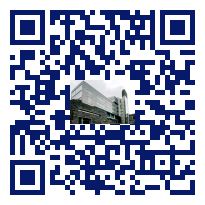BBB seminar: Brynjar Foss
E-learning in higher education, why & how?
Hovedinnhold
Brynjar Foss
Department of Health Studies, University of Stavanger
Digitalization affects our society in multiple ways. We are shopping online. Newspapers are read on the web. Tablets and smartphones contain numerous apps. Apps showing the weather forecast, apps that can make hotel reservations and apps that control your stereo, your house alarm and your car. Digitalization influences all aspects of life. Can we expect that education will be unaffected?
Students of today have grown up with internet, web-based services and smartphones. It is therefore not surprising that they demand e-learning tools for their studies.
E-learning tools have come to stay. For decades, learning management systems (LMS) have served higher education globally. These web-based learning platforms supply a variety of learning objects, e.g. digital discussion forums and questionnaires and in the LMS, one can upload the latest animation or video to highlight a lecture. By podcasting or streaming a lecture, students have a new tool to repeat the subject matter of a lecture. Like Harvard, MIT and Stanford, one can create or use a massive open online course (MOOC) that delivers the best subject matter for students to use when they want, and where they want at their own pace. At the University of Stavanger, we have created the e-compendiums. They combine different learning strategies so that students in addition to using a finished learning product can create their own learning resource. All these tools open for new pedagogical thinking by the methods of flipped classroom and blended learning to improve study flexibility, variation, repeatability and learning outcome.
Chairperson: Karl Johan Tronstad, Department of Biomedicine
